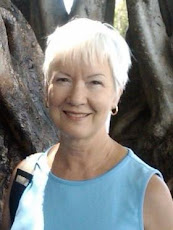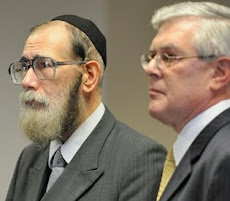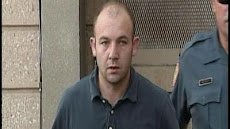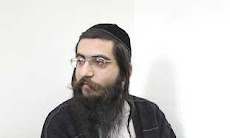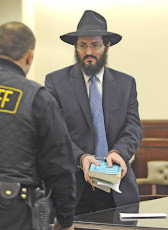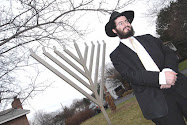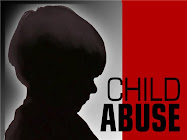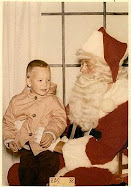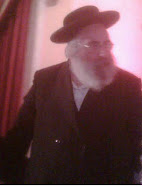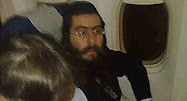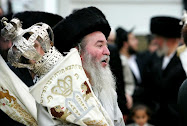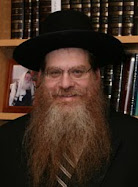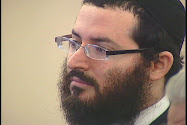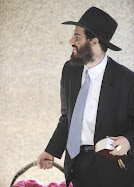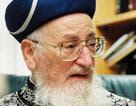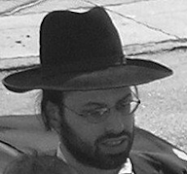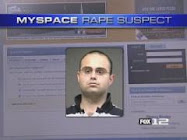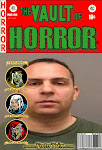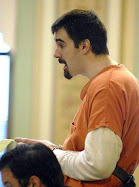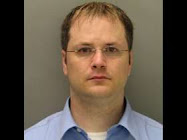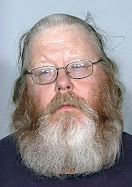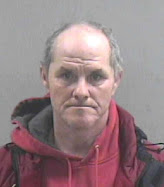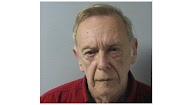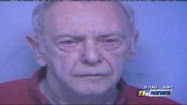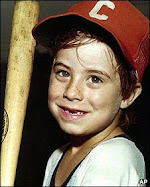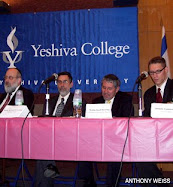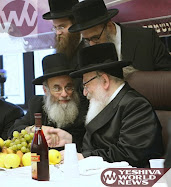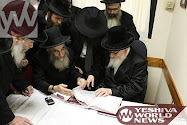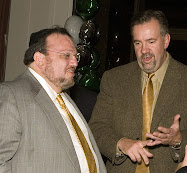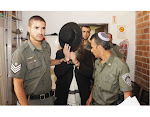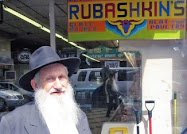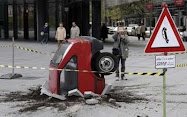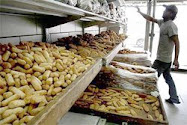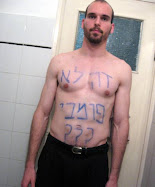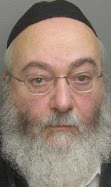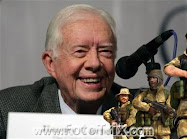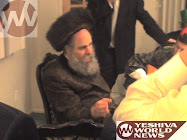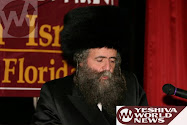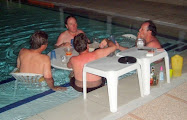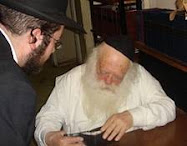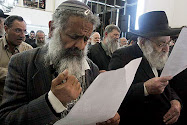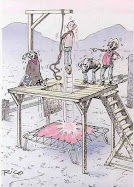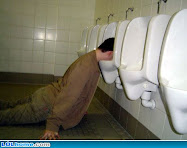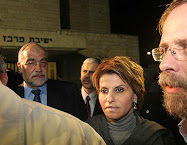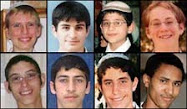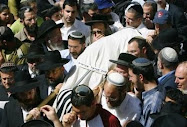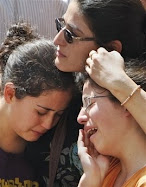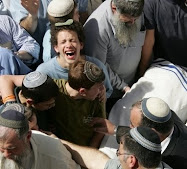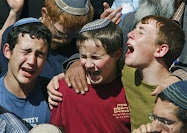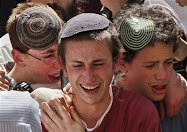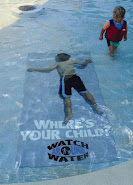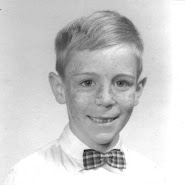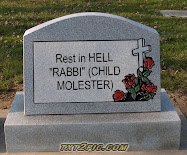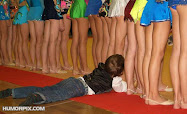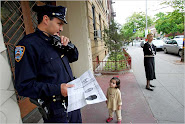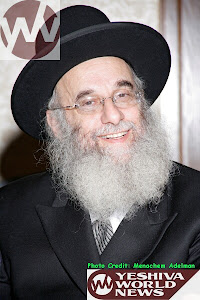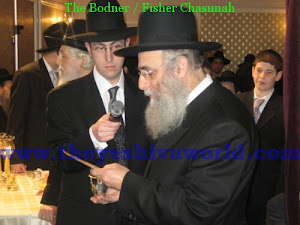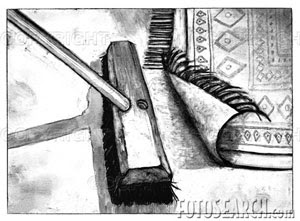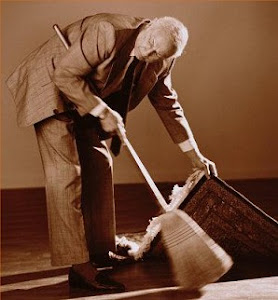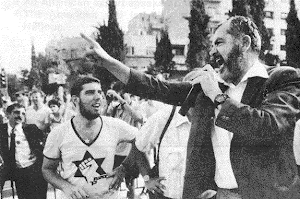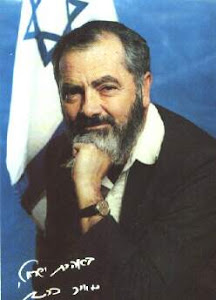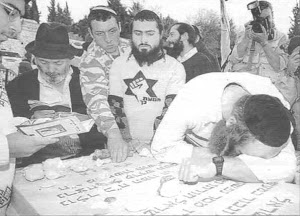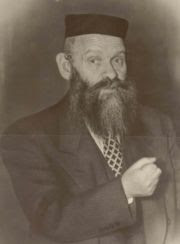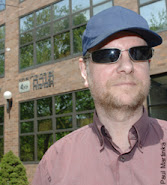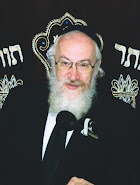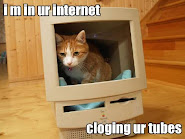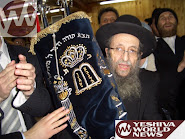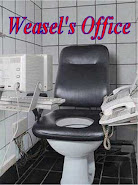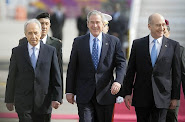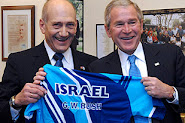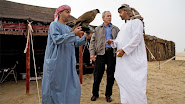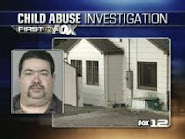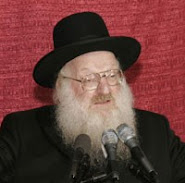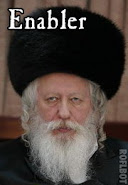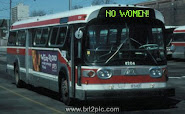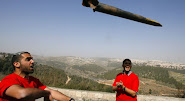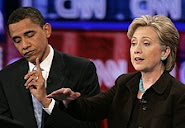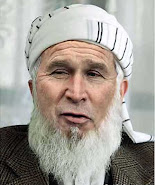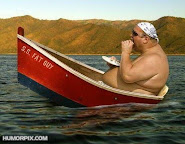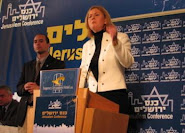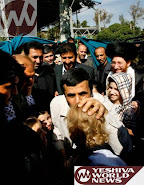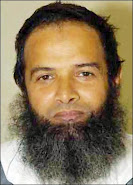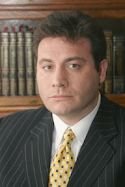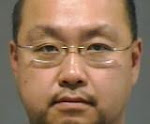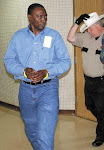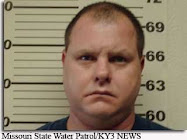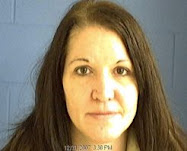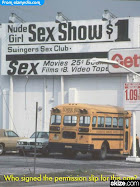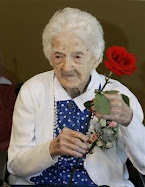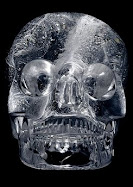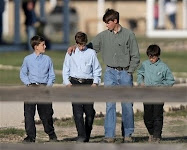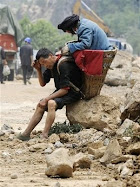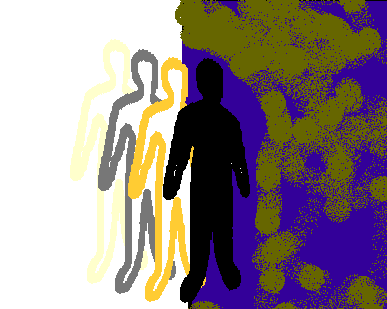==========================================================================
http://www.wpix.com/news/wpix-sex-abuse-32-years-max,0,4358743.story
BOROUGH PARK, N.Y. (WPIX) - Rabbi Baruch Lebovits, 59, the wealthy owner of a travel agency in Borough Park, Brooklyn, was hit Monday with a lengthy prison term for sexually abusing a then-16-year-old boy from his neighborhood.
Lebovits, a father of seven children and grandfather to 24, had long been the subject of talk in his community, but no action was ever taken against him, until three alleged victims came forward a couple of years ago.
Judge Patricia DiMango, of Brooklyn Supreme Court, sentenced Lebovits to a maximum term of 10 2/3 to 32 years. The victim in this first case told the jury that Lebovits performed oral sex on him in the rabbi's silver Toyota, on eight occasions between May 2004 and February 2005. The victim, now 22, testified he turned to drugs and alcohol after the abuse. The defense attorney, Arthur Aidala, argued the allegations were made up, as part of an extortion attempt, because Lebovits' son is a multi-millionaire.
In a surprise courtroom revelation, the judge read portions of Lebovits' probation report, where the rabbi confided to authorities that he himself was a victim of sexual abuse, when he was a boy. Lebovits said he was victimized the first time by an uncle in London, when he was just 11-years-old. He said a teenager abused him again, a year later, when he was 12.
Lebovits' victim, who admitted he stole money from poor boxes in the synagogue to feed his drug habit, read a statement to the judge before sentencing.
"Some people are telling me I'll regret going to the police. I feel every day Baruch Lebovits is in jail is a day kids in our community are safe," he said.
The victim's father then read his own statement to Judge DiMango, swaying back and forth at the table like he was saying daily prayers in his Orthodox Jewish faith:
"I ask you Mordechai Lebovits--where is your soul? You destroyed these children," said the victim's father,
Later, outside of court, the man revealed to PIX 11 News how community members from the synagogue lashed out against the family after they went public with the abuse complaints.
"Somebody almost kicked me .. they threw me out of the synagogue," he said.
Defense attorney, Arthur Aidala, took note that Lebovits worked for many years as a kindergarten teacher in Brooklyn and there was never one word of complaint from parents. He pointed to more than 100 letters of support for the rabbi, written by his family and other community members.
"In my religion, you would call the life Baruch Lebovits lived a saint -- this is a non-violent crime. Keep in mind, this is his first contact with the system," said Aidala.
But Judge DiMango was not swayed, although she noted, "Sex abuse often leads to sex abuse." Before imposing the maximum sentence, she said, "Abusing and harming children will not be tolerated."
A group of young men who say they are survivors of sexual abuse by teachers and counselors turned up in court to support the victim.
The defense plans to appeal the harsh sentence, claiming Lebovits is being punished, because he turned down a "plea bargain" offer before trial that would have carried a 1 1/3 to 4 year maximum penalty. Now the rabbi is looking at 32 years.
===========================================================================
http://frumfollies.wordpress.com/2010/04/12/speech-by-father-of-lebovits-victim-to-sentencing-judge/
Speech By Father of Lebovits Victim to Sentencing Judge
King David wrote: ”I thank G-d with my whole heart in the assembly of the upright” (Psalms 111:1). There is no more righteous place than where justice is done and executed. The prophet Isaiah said, “Zion should be redeemed through justice. I would like to thank the Honorable Justice Di Mango for conducting the trial with truth and dignity. I have to admit that I had my doubts about the outcome, but I know that if you have truth on your side justice will prevail. As Shakespeare said: “The truth is incontrovertible, malice may attack it, ignorance may deride it, but in the end, there it is”.
I want to thank Ms. Gregory and her staff and the DA’s office for endless hard work and sleepless nights to bring this case to trial regardless of the dark clouds, She directed those clouds at Mr. Lebovits so the sun should shine again on my son. It is said that in every dark place there is a spark of light that is called hope.
I thank Detective Steve for his tireless work and the fact the he was always available to us 24/7. I also want to thank Rabbi Nuchem Rosenberg and the father of another victim. Without you I would not be here today. You were like Pinchus in the Bible.
I want to thank my wonderful parents and family who stood fast in the biggest crises facing them in and out of the community for giving our son emotional support, a hug, a laughter and sometimes, a tear. You kids are all standing tall as victory marches on and history was made.
It is said that you leave the best for the last. And so my beloved son, my heart is always with you. We are one soul in two bodies bonded forever. I am very proud of you as are all your friends, family and all those who took part in this case. You had the courage to bring to the authorities that evil man, who is a rabbi and a prominent businessman with many connections to top leaders in the community. You refused to be bribed to drop the case. You were subjected to mud slinging and character assassination in front of the entire community as you testified in the witness chair. But you persevered because you had one thing on your side and that is the truth.
The holy book The Zohar states that “Truth stands on its own feet and lies do not stand.” And so the jury gave it’s verdict siding with the truth.
My son, with your courage to come forward you made history, helping to put away this evil man. You made the community safer for other children. Martin Luther King JR said “Freedom is never voluntarily given by the oppressor. It must be demanded by the oppressed.”
I want to look this evil a man in his eyes. What this man did is not some tale or script in a horror movie. It is a real horror story of a man who lived in our community, was trusted by the children and the people. He went on to ruin so many innocent lives just to serve his own selfish sick pleasures. I ask you Mordechai Lebovits, where is your soul? After you had your sick fun you discarded these innocent children like trash. You wished to see them completely destroyed so they would not be able to testify against you. You never showed or had any remorse. You tried to destroy our son and his testimony by bringing in a rabbi, Berrel Ashkenazi, who himself is a alleged child molester, to testify on your behalf. But you just dug a deeper hole for yourself. As King David wrote “He who dug a pit has fallen into the ditch which he made. (Psalms 7:16).
But you cannot escape from the hands of G-D. Our son pulled himself out of the pit that you dug for him. He will go on with his life and G-D will give him strength and success while you will rot in a pit. .
Now, let me turn my attention and address the Lebovits family, friends and the so-called rabbis. You are not innocent either. You share the same guilt that Mordechai Lebovits does. You are just as guilty as he is because you all knew who he was, what he was doing and how he was destroying so many innocent children for years. You all came to support him while smirking and laughing at our son as he bravely testified. Our great Sages said that the one who sees someone committing evil and is silent is just as guilty as the evil perpetrator and gets the same punishment from G-D as the evildoer. There were rabbis who called me form Israel and ask me not to persecute him and just let him off the hook for his family’s sake. I told them that there is nothing in the Bible or the Talmud that tells us that justice should not be served for the sake of the family of the criminal. I ask those who pleaded mercy for this man” Did Mordechai Lebovits ever have mercy on the children he molested? Did he ever ask for their forgiveness for ruining their lives?
I would like to give you a summary of a quote from the Chief Rabbi Strenbuch of the Ultra Orthodox Rabbinical Court in Jerusalem (II:627). “It is not only allowed to bring the criminal to the authorities but it is a command to hand over such a person to the authorities. By handing him to the authorities you will eliminate desecration of G-D. There is no greater desecration of G-D than allowing a criminal like this to escape justice.”
I have a message for all those children molested by this or any other evil man and to their families. It took a long time for this man to be brought to justice, but as a Russian poet once wrote “Justice is like a train that always arrives late”. It is better late than never. Don’t be afraid to bring a perpetrator to justice.
In conclusion, I would like to ask the Honorable Justice Patricia M. Di Mango to impose the maximum sentence for the crimes committed by Mordechai Lebovits as he inflicted maximum suffering on his innocent victims with no remorse.
Thank you very much Justice Di Mango. May G-D bless you and G-D bless America!







































